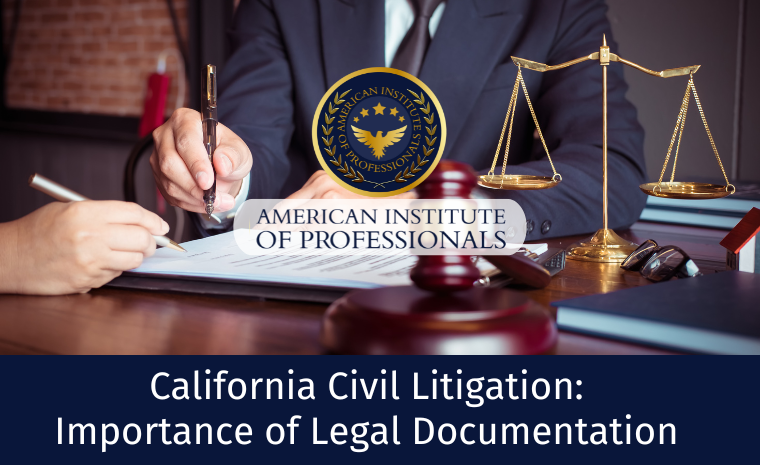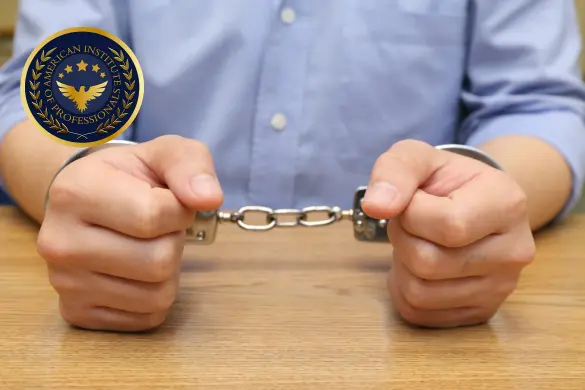In the vast legal landscape of California, civil litigation stands as a cornerstone process for resolving disputes. A California attorney navigates a complex web of statutes, regulations, and case law to advocate for their clients in civil matters. Understanding the litigation process is crucial for legal teams as they develop strategies to address their client’s needs effectively.
From drafting complaints to presenting cases in court, California’s litigation approach demands precision and thoroughness. One essential aspect of this process is the formulation of discovery plans, which enable legal teams to gather evidence and build their cases methodically. In this overview, we delve into the fundamentals of California civil litigation, shedding light on its intricacies and offering insights into successful legal strategies.
Understanding Legal Documentation
Legal documentation is the backbone of case development and presentation in the civil litigation process. In state or federal court, precise and comprehensive documentation is essential for conveying arguments and supporting claims.
Legal documents encompass various materials, including pleadings, motions, briefs, and affidavits. Each type serves a specific purpose within the litigation framework, providing a structured means of articulating legal arguments and presenting evidence.
Moreover, legal documentation often involves matters of law, where attorneys interpret statutes, regulations, and precedents to advance their client’s interests. However, it’s important to note that extensive documentation can contribute to higher legal bills, underscoring the importance of efficiency and strategic planning in the litigation process.
The Significance of Legal Documentation in Civil Litigation
In California civil litigation, legal documentation is pivotal in establishing legal grounds for claims and defenses. Attorneys meticulously draft pleadings and motions to outline their arguments’ factual and legal basis, providing a framework for judicial review.
Moreover, adherence to discovery rules is paramount in ensuring compliance with regulations governing the exchange of information between parties. Legal documentation serves as a means of preserving evidence and safeguarding crucial information that may influence case outcomes. The approach to litigation in California emphasizes the strategic use of legal documentation to navigate the complexities of the legal system effectively.
Need Legal Assistance?

Key Components of Effective Legal Documentation
Several key components must be considered to ensure effectiveness when crafting legal documentation for civil litigation. These components include:
- Legal expertise and assistance: Legal professionals in the relevant area of law should oversee the creation and review of legal documents to ensure accuracy and compliance with legal standards.
- Clarity and Precision: Documents should be drafted with clear and precise language to effectively convey arguments and legal positions, minimizing the potential for misinterpretation.
- Accuracy and Completeness: All information in legal documentation must be accurate and complete, as any inaccuracies or omissions could undermine the case’s credibility.
- Timeliness and Relevance: Documents must be filed promptly and relevant to the issues, aligning with court deadlines and focusing on pertinent aspects of the litigation process.
Common Challenges in Documenting Legal Proceedings
Effective documentation in civil litigation encounters challenges that legal professionals must navigate adeptly. These challenges include:
- Complexity of Legal Language: Legal documents often involve intricate language and terminology that may be difficult for non-lawyers to understand. Ensuring clarity and simplicity in drafting, particularly in written agreements, is essential to convey intentions accurately.
- Handling Confidential Information: Legal documentation may contain sensitive or confidential information that requires careful handling to maintain privacy and comply with legal and ethical obligations regarding confidentiality.
- Dealing with Changes and Updates: Adapting documents to reflect evolving case dynamics post-trial, such as through post-trial motions, demands agility to maintain document accuracy and relevance in light of trial outcomes.
Strategies for Efficient Document Management
Efficient document management is crucial for a civil litigation lawyer, particularly in the context of jury trials and bench trials. To streamline this process, lawyers employ the following strategies:
- Legal Assistance: Engaging legal assistants or paralegals to assist in organizing and managing documents helps alleviate the workload for lawyers, ensuring documents are categorized and accessible when needed.
- Implementing Document Retention Policies: Establishing clear guidelines for the retention and disposal of documents ensures compliance with legal requirements and reduces clutter, minimizing the risk of information overload.
- Training Staff on Document Handling Procedures: Training staff members on proper document handling procedures fosters consistency and accuracy in document management practices, reducing errors and improving efficiency overall.
The Role of Legal Documentation During Trial
During trial proceedings, the civil litigation lawyer relies heavily on legal documentation to present evidence systematically. Documents serve as vital exhibits, bolstering arguments and corroborating witness testimonies, enhancing credibility and strengthening the lawyer’s position.
Additionally, lawyers must validate documents for trial, adhering to rules for evidence. Through adept utilization of legal documentation, a California attorney effectively advocates for their client’s interests, striving to achieve favorable outcomes and ultimately fostering satisfied clients.
Optimize Legal Documentation Today
Effective legal documentation management is integral to navigating the complexities of California civil litigation. From discovery to trial proceedings, meticulous attention to detail ensures a robust case presentation. With the expertise of a skilled personal injury lawyer, adept handling of legal documentation can significantly impact the outcome of litigation, ultimately serving clients’ best interests.





